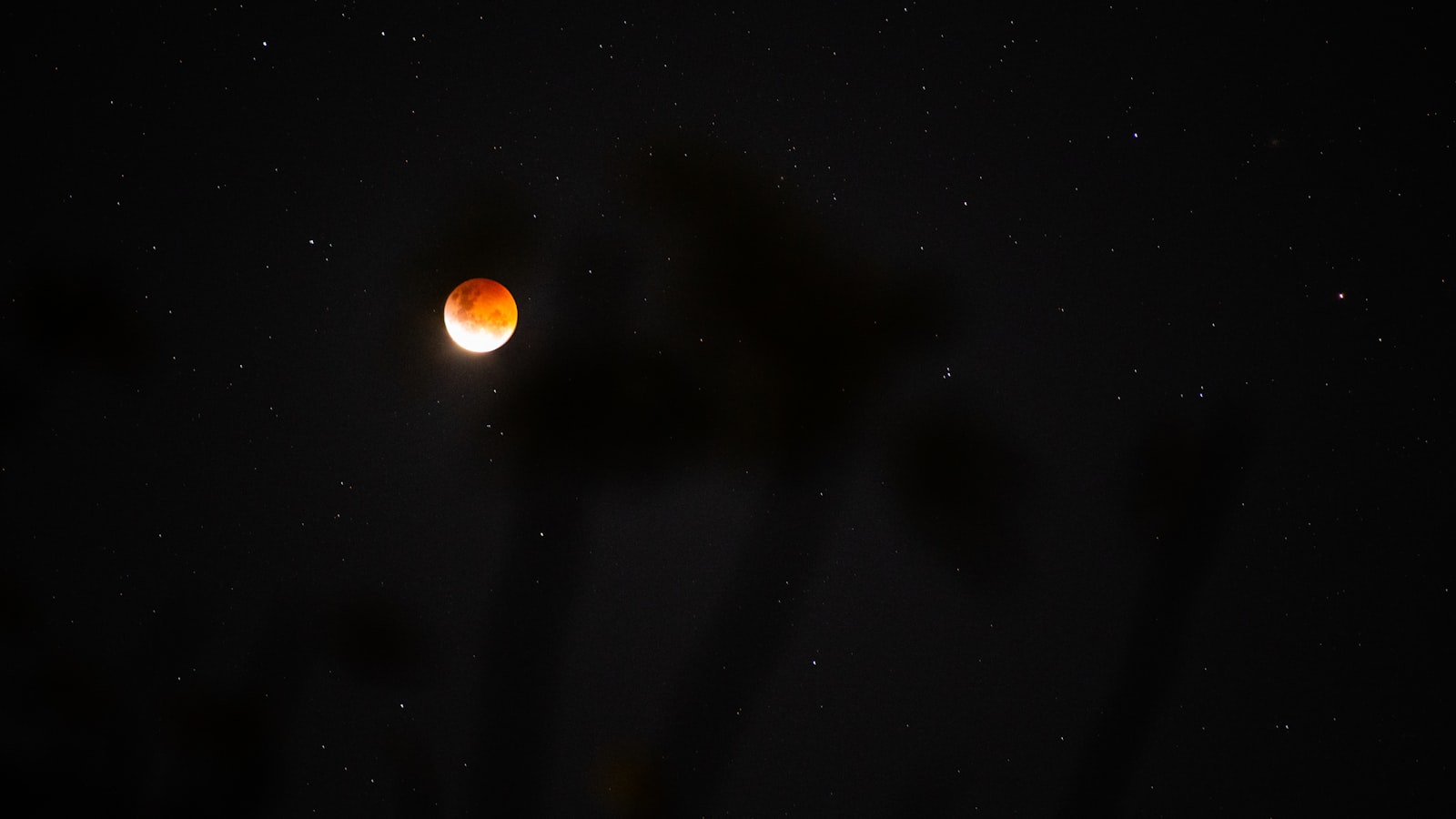When Shadows Danced Upon The Day
Imagine the awe prehistoric humans must have felt as the day fell still and shadows performed a mystic dance, drowning the land in an eerie twilight. Fast forward several millennia, and the phenomenon we now understand as a solar eclipse continues to be a source of intrigue and curiosity for millions around the globe.
Solar eclipses have long threaded through the fabric of our history, influencing culture, religion, and even the course of science. But have you ever wondered about the most famous solar eclipses in history and their astounding impacts? Buckle up because we're embarking on a whirlwind astral journey to rediscover these celestial marvels and their rippling effects on humanity.
The Eclipses That Made History
The Omen Above: The Eclipse of Thales

One cannot speak of famous eclipses without recalling the Eclipse of Thales. According to ancient historians, the Greek philosopher Thales of Miletus predicted this solar eclipse, which occurred on May 28, 585 BCE. This historical event is notable not just for the astronomical prediction, but it reportedly quelled a battle between the Lydians and the Medes as soldiers took the sudden darkening as a sign from the gods to cease their warfare.
The Sun That Vanished in Broad Daylight

The solar eclipse of August 21, 1914, plunged Europe into darkness just as World War I broke out. This Eclipse came to be known as "The War to End All Wars," which was seen in Eastern Europe, and like many solar eclipses before, was also interpreted as an omen. The timing of this event only added to the doom and gloom spurred by the escalating conflict.
A Leap for Science: The Einstein Eclipse

The solar eclipse of May 29, 1919, was pivotal in the world of science. It was during this event that observations made by Sir Arthur Eddington confirmed Einstein's theory of General Relativity. Light from distant stars bent around the sun, just as Einstein's equations predicted, ushering in a new era of physics and earning the eclipse its place in the history books.
The Solar Phenomenon: Understanding Eclipses
Before we dive further into our historical recount, let's demystify this astronomical phenomenon that has been captivating us for ages. A solar eclipse occurs when the Moon passes between the Sun and the Earth, casting a shadow over Earth's surface and, for a fleeting moment, day turns into night.
🌑 Total Solar Eclipse – Moon completely covers the sun. 🌓 Partial Solar Eclipse – Moon only covers a part of the sun. 🌘 Annular Solar Eclipse – Moon appears smaller than the sun, leaving a bright ring.
For the avid eclipse chasers among us, planning is crucial. Websites such as eclipse-timer.com are indispensable, providing precise times and dates for upcoming solar eclipses, whether they're in our backyard or far-flung corners of the globe.
Chasing Shadows: The Role of Eclipses in Culture
The Celestial Dragon Devouring the Sun

In ancient China, eclipses were thought to be caused by a celestial dragon devouring the sun. These events were shrouded in superstition and often accompanied by noisy ceremonies — including banging pots and pans — to scare the dragon away and save the sun.
The Vikings’ Sky Wolves

For the Vikings, solar eclipses had a less ominous but equally as mystical explanation — sky wolves chasing the sun. When one of them caught up to the solar disc, an eclipse would occur. Yet, they too shared the common tradition of making a racket to encourage the wolf to release its celestial prey.
Eclipses' Contribution to Science and Discovery
Revealing the Secrets of the Sun's Corona

Each solar eclipse provides a unique opportunity for astronomers to study the sun's corona — the outer layer, which is usually hidden by the sun's bright light. It wasn't until an eclipse occurred that scientists could observe this mysterious and magnificent halo that has been key in understanding solar winds and space weather.
The Story of Helium's Discovery

Would you believe that the second most abundant element in the universe was discovered because of a solar eclipse? During the solar eclipse of August 18, 1868, astronomer Jules Janssen noticed a new spectral line in the sun's chromosphere. This anomaly was no fluke; helium, previously undiscovered on Earth, had made its cosmic debut.
Practical Tips for Eclipse Enthusiasts
If you're looking to experience one of these extraordinary events, here are some tips to make the most of your solar eclipse experience:
- Mark Your Calendars: Use resources like eclipse-timer.com to stay updated on when and where the next eclipse will be visible.
- Safety First: Always use certified eclipse glasses to protect your eyes when observing the sun.
- Choose the Right Spot: Remember, your location determines your experience. Research the path of totality to find the best viewing location.
- Get Tech-Savvy: Smartphone apps can enhance your eclipse-watching experience with interactive maps and timing tools.
The Future of Eclipses: Looking Ahead
With past eclipses having left indelible marks on our history, it's exciting to think about what future ones might hold. As we continue to advance in our astronomical studies, each upcoming eclipse could unravel more secrets of our universe. Whether you're a history buff, a cultural enthusiast, or a budding astrophysicist, there's no denying the allure of these cosmic events.
Embrace the Dance of Celestial Shadows
As we wrap up our journey through the ages, it's clear that solar eclipses are more than just spectacular sights. They're interwoven with our history, culture, and scientific advancements, offering moments of awe that resonate across time and space. So, why not seize the opportunity to witness history in the making during the next solar spectacle?
Remember, if you find yourself under the moon's fleeting shadow, consider the historical figures who stood in your place, the civilizations that wove tales around these moments, and the scientists who gleaned insights into our universe. And if you want to stay ahead of the cosmic curve, eclipse-timer.com is your ally in chasing down the next eclipse adventure.
As for now, keep your eyes on the skies and your minds open to the mysteries they hold. Who knows what the next shadowy dance will reveal?



















